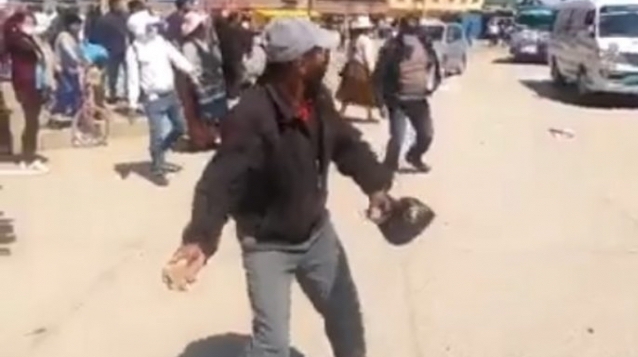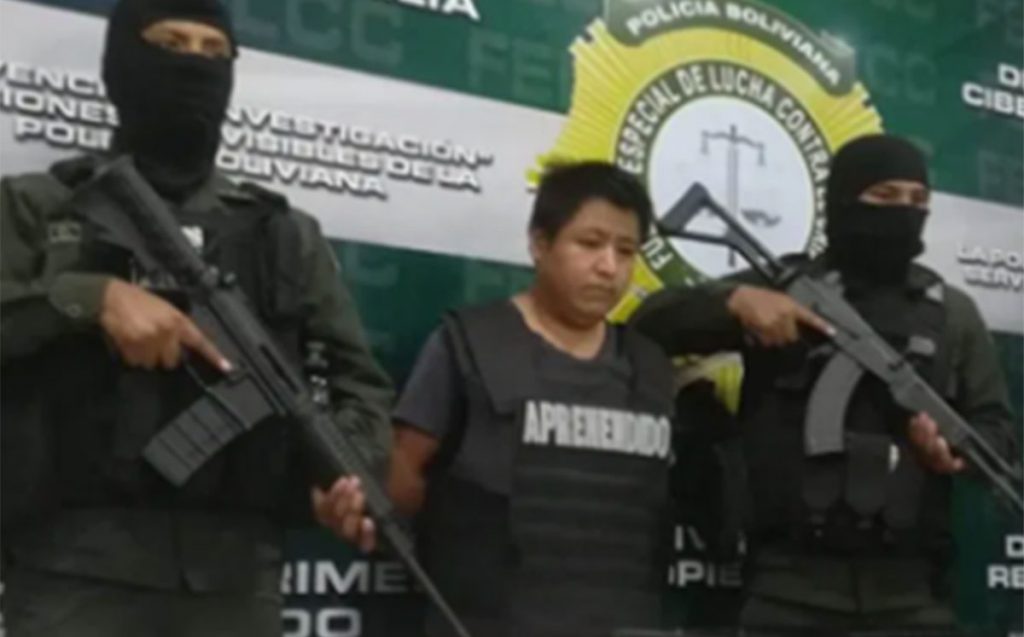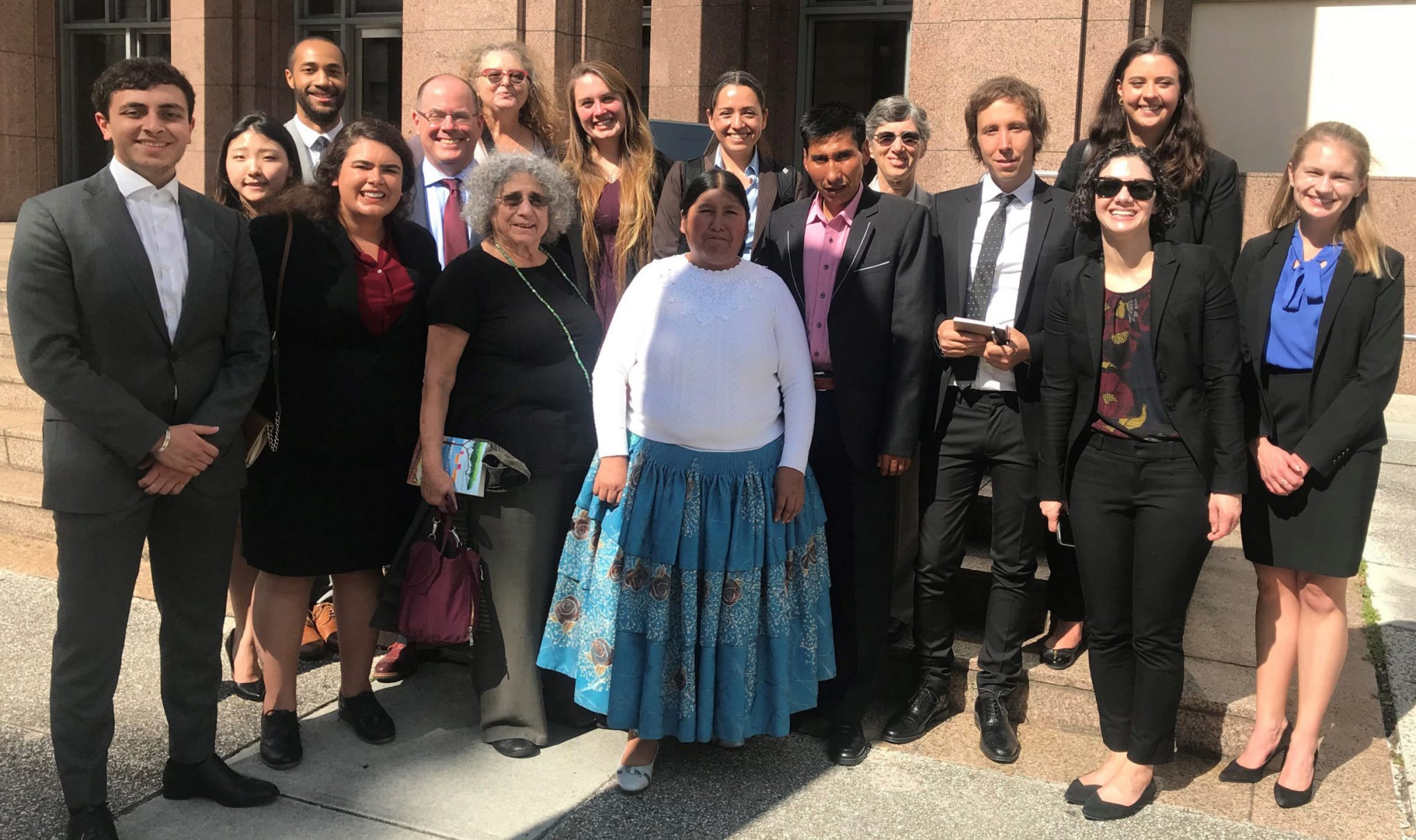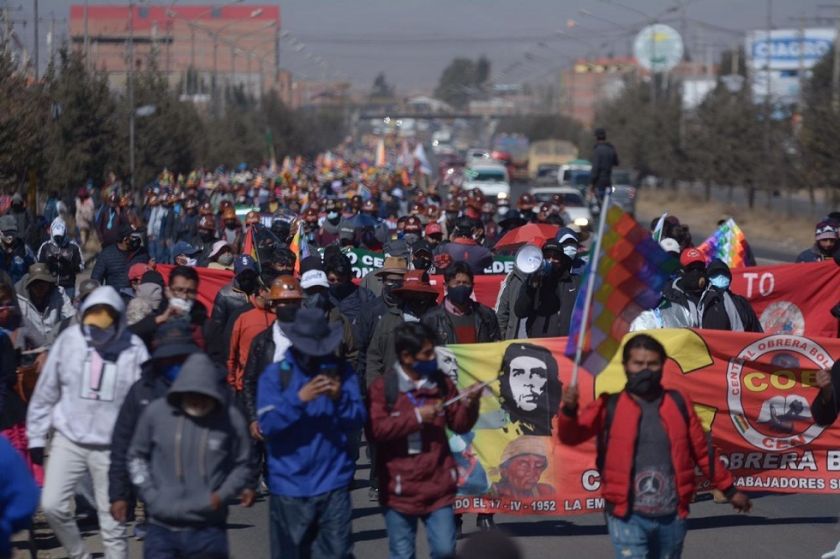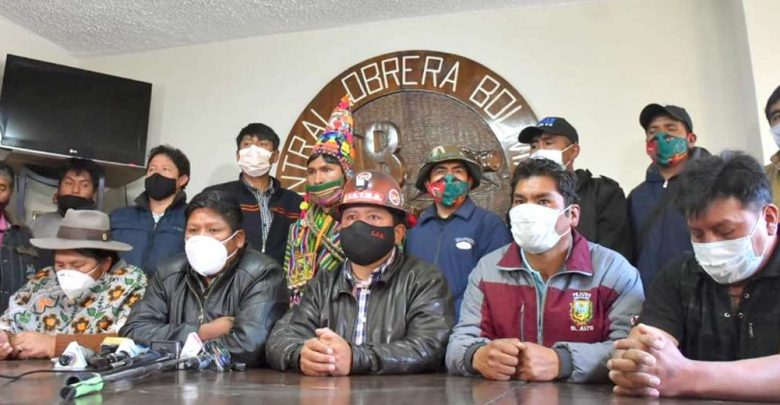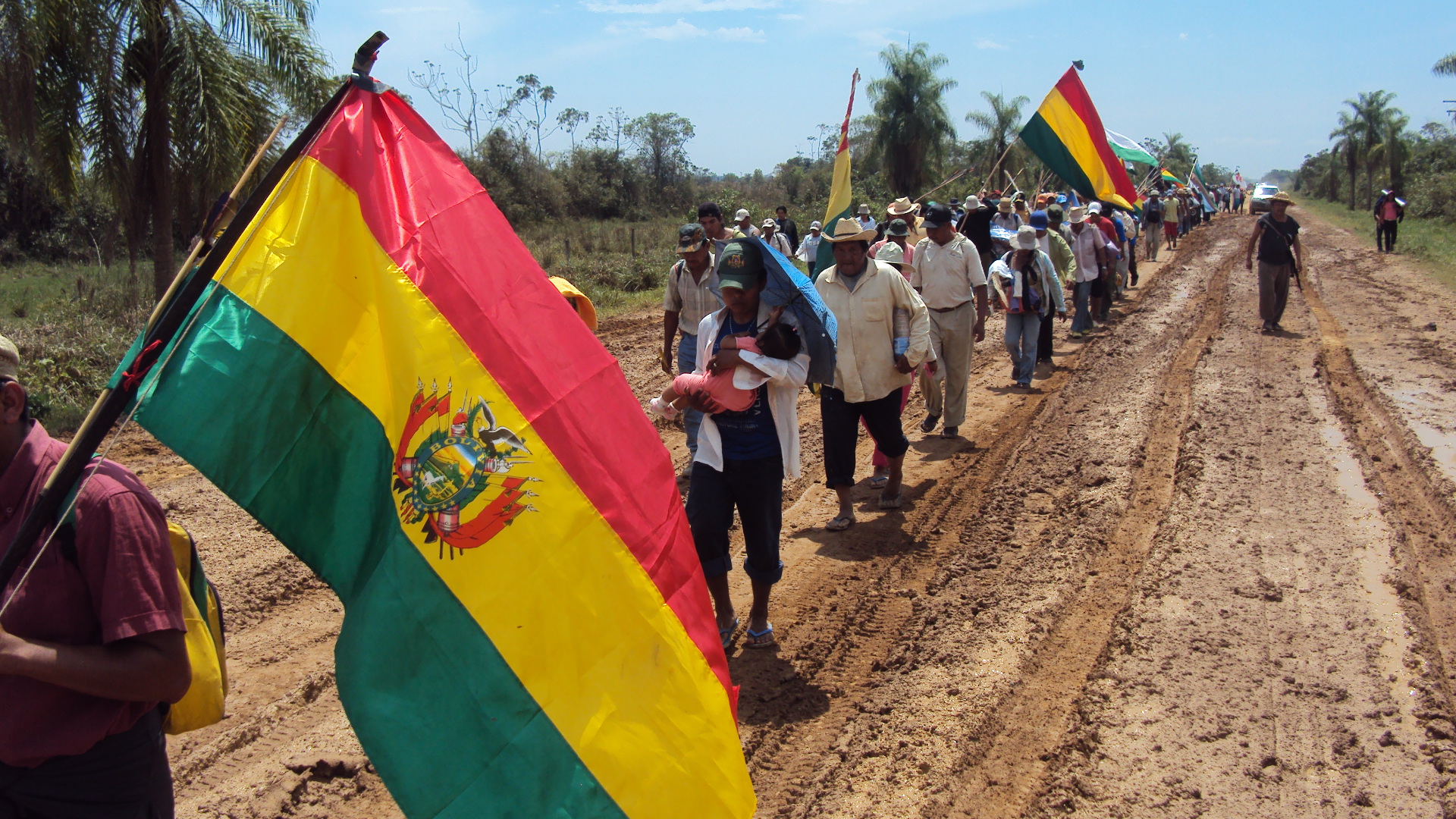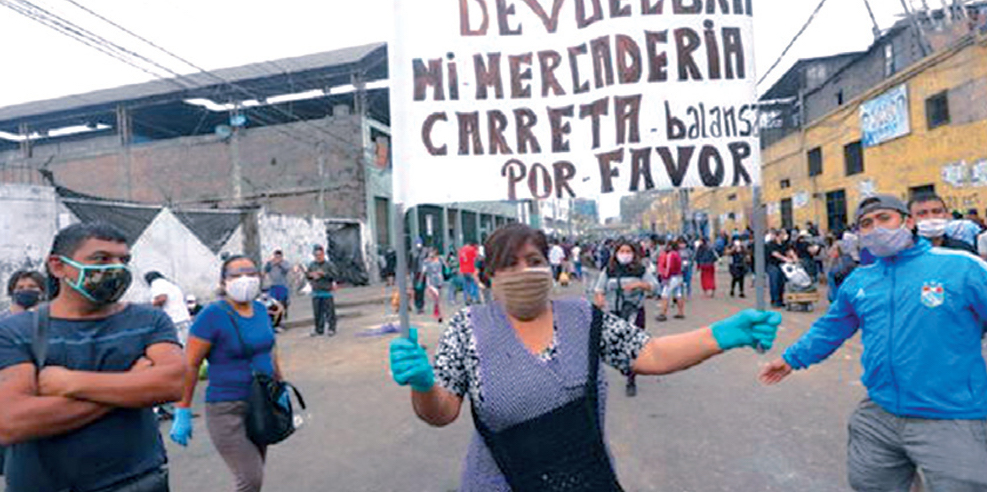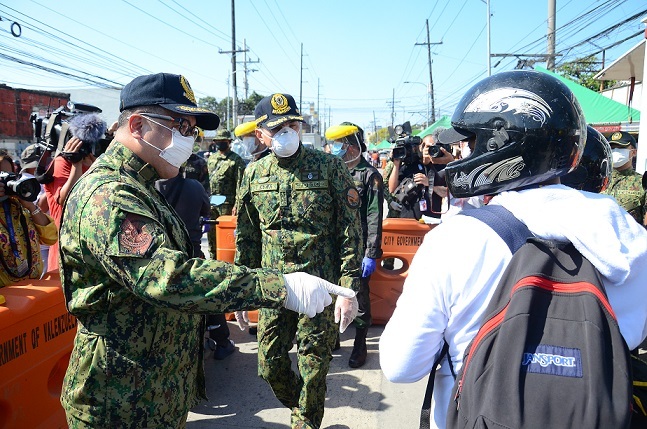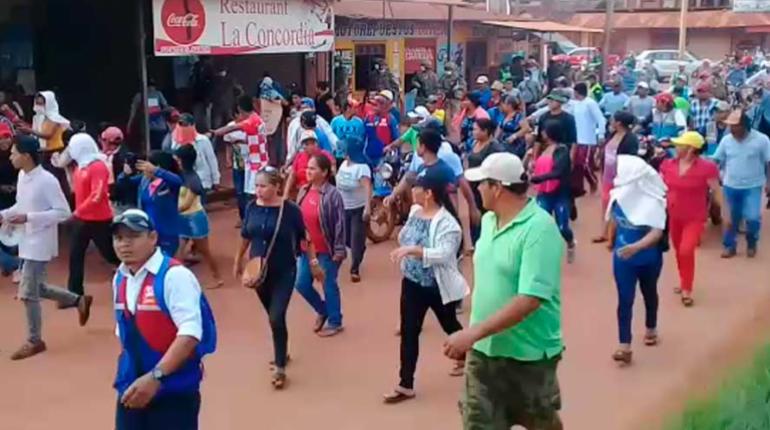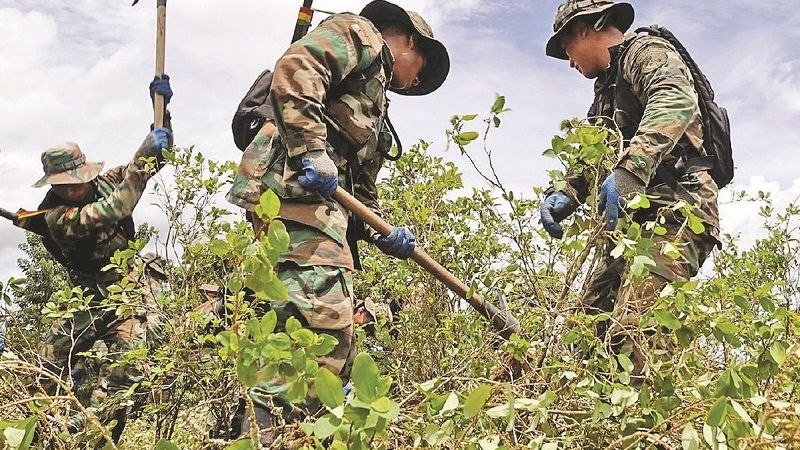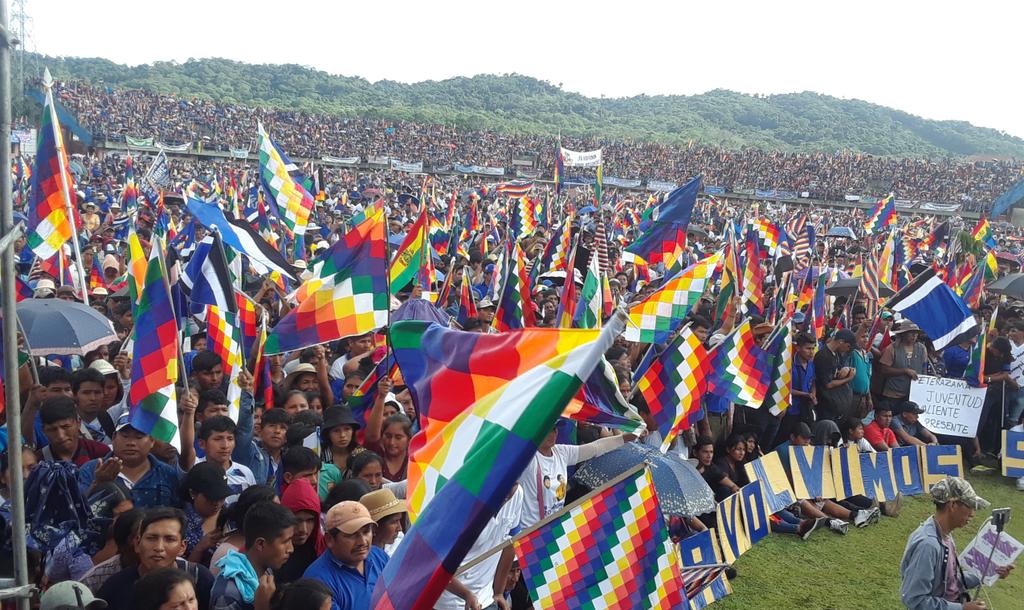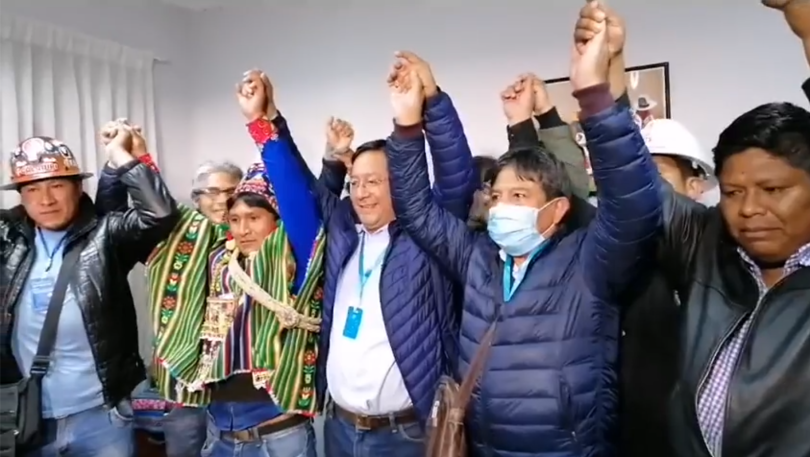
Bolivia: back to ‘socialism,’ or meet the new boss?
Luis Arce, candidate of the party of ousted president Evo Morales, has seemingly swept to victory in Bolivia’s presidential elections. While the official count is technically still pending, results place him with more than 50% of the vote—well above the second-place center-right contender Carlos Mesa and with far more than the required majority to avoid a runoff. This represents a significant recoup of losses for the Movement Toward Socialism-Political Instrument for the Peoples’ Sovereignty (MAS-IPSP), which Morales nominally still leads from exile in Argentina. As news of the victory broke, supporters gathered outside Arce’s campaign office to chant “The pollera will be respected!”—a reference to the traditional skirt that has become a symbol of the MAS-IPSP indigenous base. But when Arce assumes the presidency, he will be taking over a country debilitated by deep recession. “We will have to have austerity measures. There’s no other option if we don’t have enough income to cover our current expenditures,” Arce admitted to reporters. (Image via Carwil without Borders)



